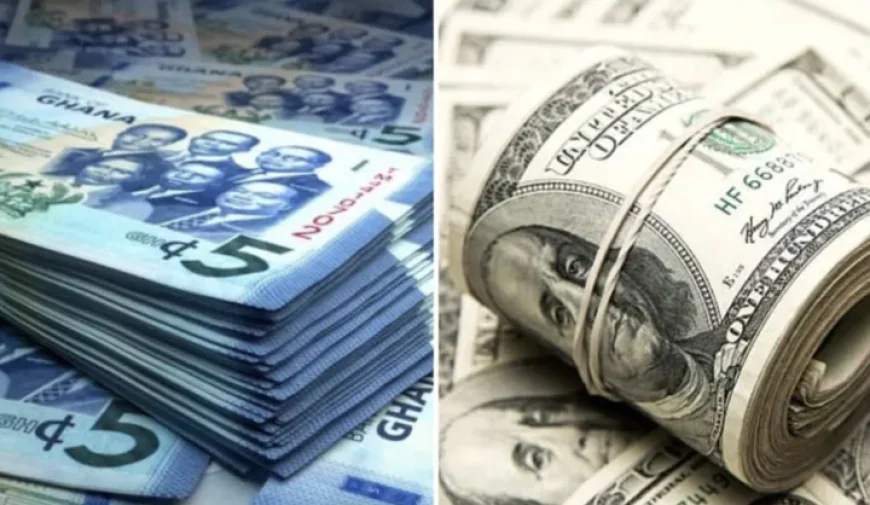Ghanaian Cedi Continues to Hold Against US Dollar Amid New Interbank Exchange Rates
The Ghanaian cedi is currently trading at ₵10.42 to the US dollar, according to the Bank of Ghana’s official interbank rate.

The Ghanaian cedi is currently trading at ₵10.42 to the US dollar, according to the Bank of Ghana’s official interbank rate. This marks a period of relative stability in the foreign exchange market, following months of volatility driven by global economic pressures and domestic fiscal adjustments.
Currency Rate
1USD = ₵10.42
1GHS = $0.096
These rates reflect the weighted average of spot transactions submitted by commercial banks and are used as benchmarks for financial institutions and forex bureaus across the country.
The cedi’s performance has been shaped by several key factors:
1.Improved foreign reserves due to cocoa and gold exports.
2.IMF support under Ghana’s Extended Credit Facility program, which has helped stabilize macroeconomic indicators.
3.Tight monetary policy by the Bank of Ghana, including high interest rates to curb inflation and reduce currency depreciation.
Despite these gains, the cedi remains vulnerable to external shocks, including:
Rising global interest rates.
Fluctuations in oil prices.
Investor sentiment toward emerging markets.
The exchange rate affects everyday life in multiple ways:
Imported goods become more expensive when the cedi weakens, affecting fuel, electronics, and food prices.
Exporters benefit from a weaker cedi, as their goods become more competitive abroad.
Remittances from abroad gain value when converted into cedis, boosting household incomes.
The Bank of Ghana is expected to maintain a cautious stance, balancing inflation control with currency stability. Analysts suggest that further depreciation could be mitigated if fiscal discipline is sustained and investor confidence improves. “The ₵10.42 rate reflects cautious optimism,” said economist Dr. Afua Mensah. “But Ghana must remain vigilant against external headwinds.”


